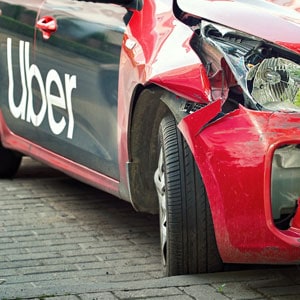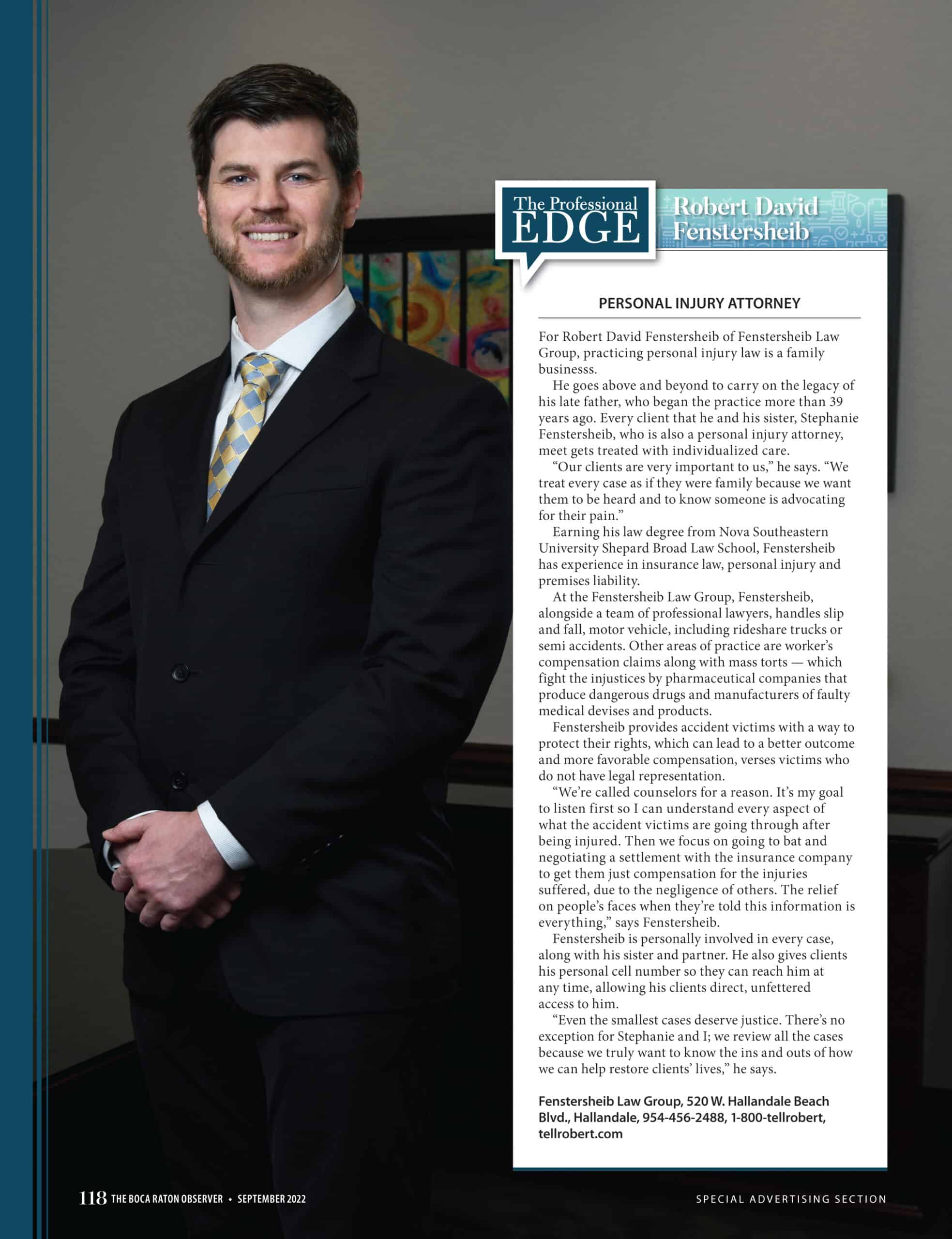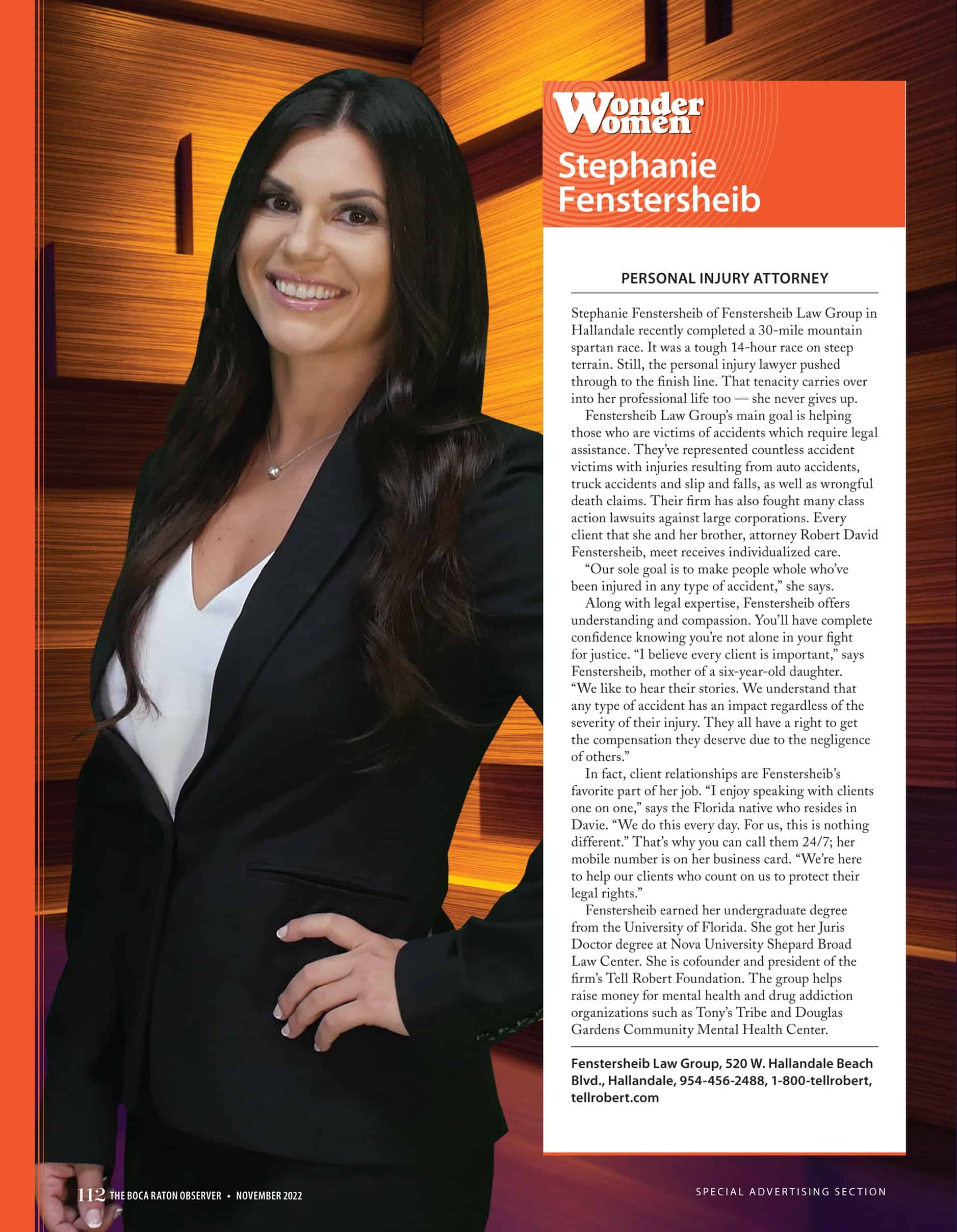Must-Know Safety And Auto Accident Information For Ride-Hailing Floridians
The yellow cab has, for many, become a nostalgic artifact, a general timestamp on pop culture movies and shows. We no longer scan urban horizons for yellow in a sea of cars and raise our arms; we lower them into our pockets and bags, grab our smartphones, and tap away.
Whether this is good or bad is a matter of opinion, and as Uber and Lyft accident lawyers, we’re actually not here to assert ours. But we do want to explore what’s not a matter of opinion: possible implications of the differences between taxi and rideshare services.
For anyone who uses Uber or Lyft in Florida, these differences are of essential and practical value, as they may uncover risks unique to Uber and Lyft.

- The Drivers: Taxi drivers are employees of taxi companies, while rideshare drivers are independent contractors. Practically speaking, this means that Uber and Lyft are, in some ways, less accountable for the actions of their drivers than taxi companies and generally have less legal authority to enforce specific rules on their drivers.
This could explain why taxi drivers typically undergo more rigorous background checks and pre-employment screening processes than Uber and Lyft drivers. That said, even the most comprehensive screening process only yields so much information about an individual driver. This is where Uber and Lyft offer a safety advantage: app-based community feedback and rating systems that allow riders to make more informed decisions about their drivers.
As a rider, if you spot concerning comments about a driver or notice a meager rating, you can choose to wait for a different driver. This system also helps Uber and Lyft identify and remove dangerous or irresponsible drivers, potentially making auto accidents less likely. Taxi services don’t provide this service, meaning riders have little control over whom they entrust to get them from point A to point B.
- The Vehicles: Taxis are owned by taxi companies, whereas individual drivers own Uber and Lyft vehicles (and are almost always used as personal vehicles). Although Uber and Lyft vehicles must meet specific requirements and undergo yearly maintenance checks, taxis are held to a higher standard and are typically more routinely maintained by taxi companies.
We all know how randomly a check engine light pops on, a tire loses air, or brakes start squealing. If you’re riding in an Uber or Lyft, there’s no guarantee the driver has addressed or even noticed a problem with their vehicle, which could pose a severe safety issue.
- Safety Features: Since taxi companies own taxis, they can place security cameras and other safety features in cabs to monitor driving behavior, track road conditions, and be alerted for hazardous road situations. These features aren’t usually found in Uber and Lyft vehicles, which could spell danger for riders.
It’s also important to note that without security cameras in Uber and Lyft vehicles, it can be more difficult to prove liability in the event of an accident. Since proving liability is paramount for injured passengers to obtain compensation, an Uber or Lyft auto accident injury claim can be far more complex than a similar lawsuit against a taxi company. In most cases, passengers injured in an Uber or Lyft accident require the help of experienced Uber and Lyft accident lawyers.
Understanding the differences between taxis and rideshares is critical to making informed decisions about your form of transportation and knowing where to look for red flags. Several other differences aren’t covered here, such as the safety implications of the demands and nature of each role, insurance coverage, and the injury claims process.
Fenstersheib Law Group – Uber & Lyft Auto Accident Attorneys In Hallandale Beach, FL, And Beyond
If you or someone you know has been injured as a passenger in an Uber or Lyft ride in Florida, the best course of action is to contact seasoned Uber and Lyft accident lawyers near the location of the accident.
Even if you aren’t ready to hire an attorney, speaking with one can provide tremendous relief during this stressful time and confidence in knowing that you are doing everything necessary to obtain the compensation you’re entitled to.
Whether in Hollywood, Miramar, Fort Lauderdale, West Palm Beach, Orlando, Sarasota, Tampa, or Jacksonville, Fenstersheib Law Group is here for you.
We’re eager to help you navigate the messy aftermath of an Uber or Lyft accident, fight for your rights, and get back on your feet as soon as possible.
Our primary office is in Hallandale Beach, Florida, and we have secondary Florida offices in Hollywood, Miramar, West Palm Beach, Orlando, Sarasota, Tampa, & Jacksonville.
The sooner you contact us, the sooner all this will be behind you.
Call us today: 800-TELL-ROBERT.



